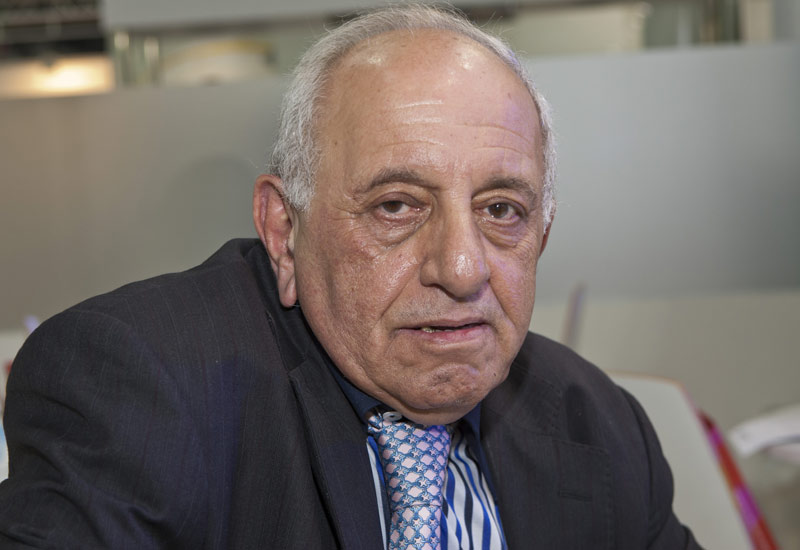A ban on importing beef to Saudi Arabia that has been in force for almost three years is coming to a close, following the two countries signing a Memorandum of Agreement (MoA).
Saudi Arabia’s 2012 ban on Brazilian beef imports was imposed after a report that an animal with symptoms of mad cow disease had died in the Brazilian state of Paraná in 2010. The animal in question was proven to not have developed that condition.
The initiative was commemorated by Brazil’s Minister of Agriculture Kátia Abreu, who represented the interests of Brazil in Saudi Arabia as well as the Saudi Food and Drug Authority (SFDA).
She noted that this trade agreement could lead to Saudi Arabia importing approximately $150 million worth of beef per year, though this is a conservative estimate because in 2012, the last year that Brazil shipped beef to the Arab nation, sales amounted to $156 million.
Dr. Michel Alaby, secretary general and CEO, Arab-Brazilian Chamber of Commerce, said: “Brazil and the Arab World have always had strong business and economic relations, and this agreement to lift the ban on beef exports will greatly help facilitate stronger trade ties between them. This initiative will surely open doors for many vendors, exporters and business owners in the country and we look forward to explore the wide range of opportunities that this will bring.”

| Advertisement |
News of the ban being lifted has greatly encouraged the market, with meat companies now aiming to return to the 2012 export level of around 36,000 tons, according to the CEO of the Brazilian Meat Exporting Industries Association (Abiec), Fernando Sampaio.
Sampaio noted that meat importers might be able to charge higher prices compared to pre-ban rates to adjust to market inflation following the influx of Australian beef imports.
He also added that the move of Saudi Arabia might encourage other Gulf countries such as Qatar, Kuwait and Bahrain that have also banned beef imports, to explore the possibility of opening their market to Brazil, as these imports could potentially amount to 40,000 tons a year.









 Search our database of more than 2,700 industry companies
Search our database of more than 2,700 industry companies









